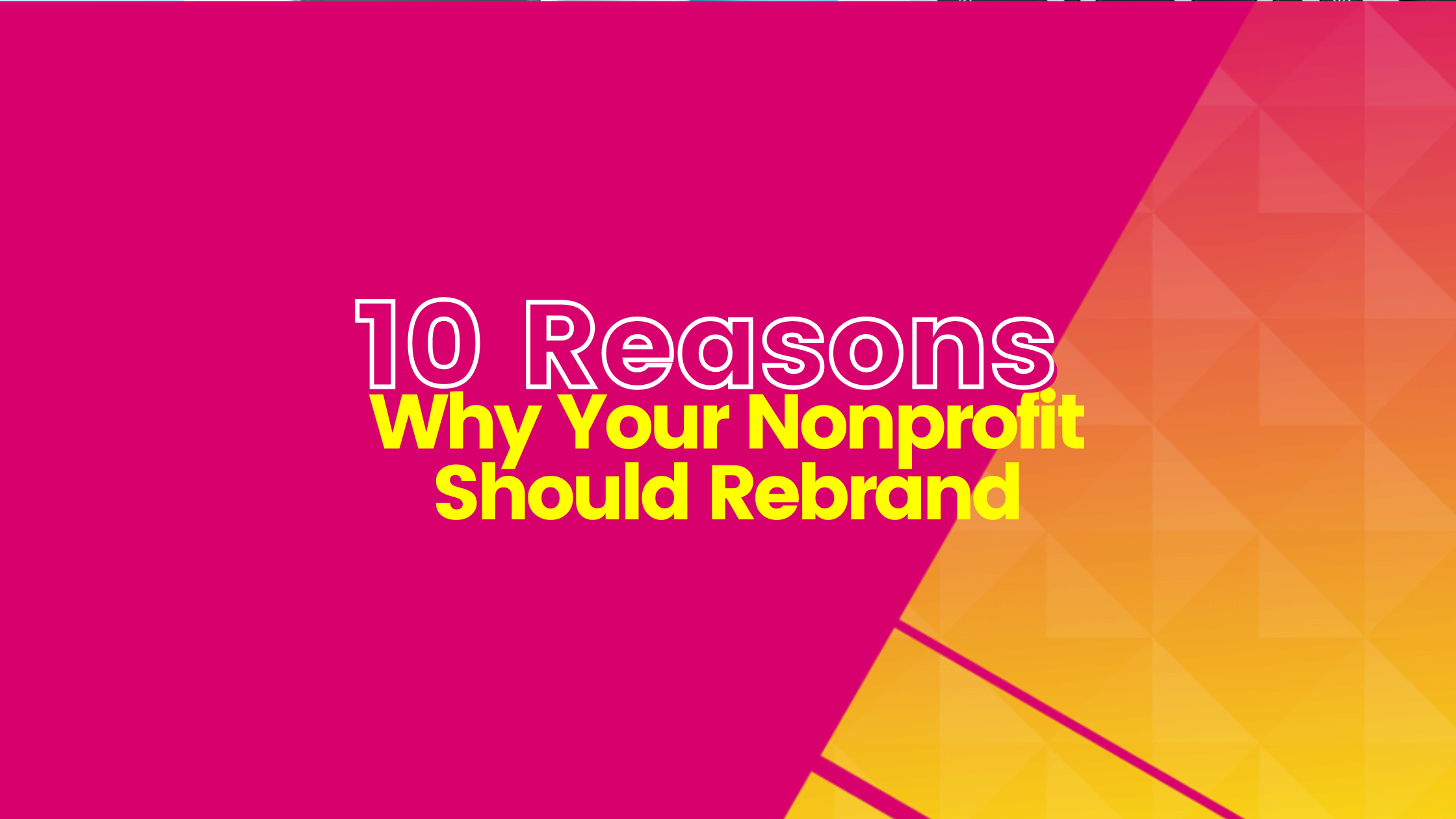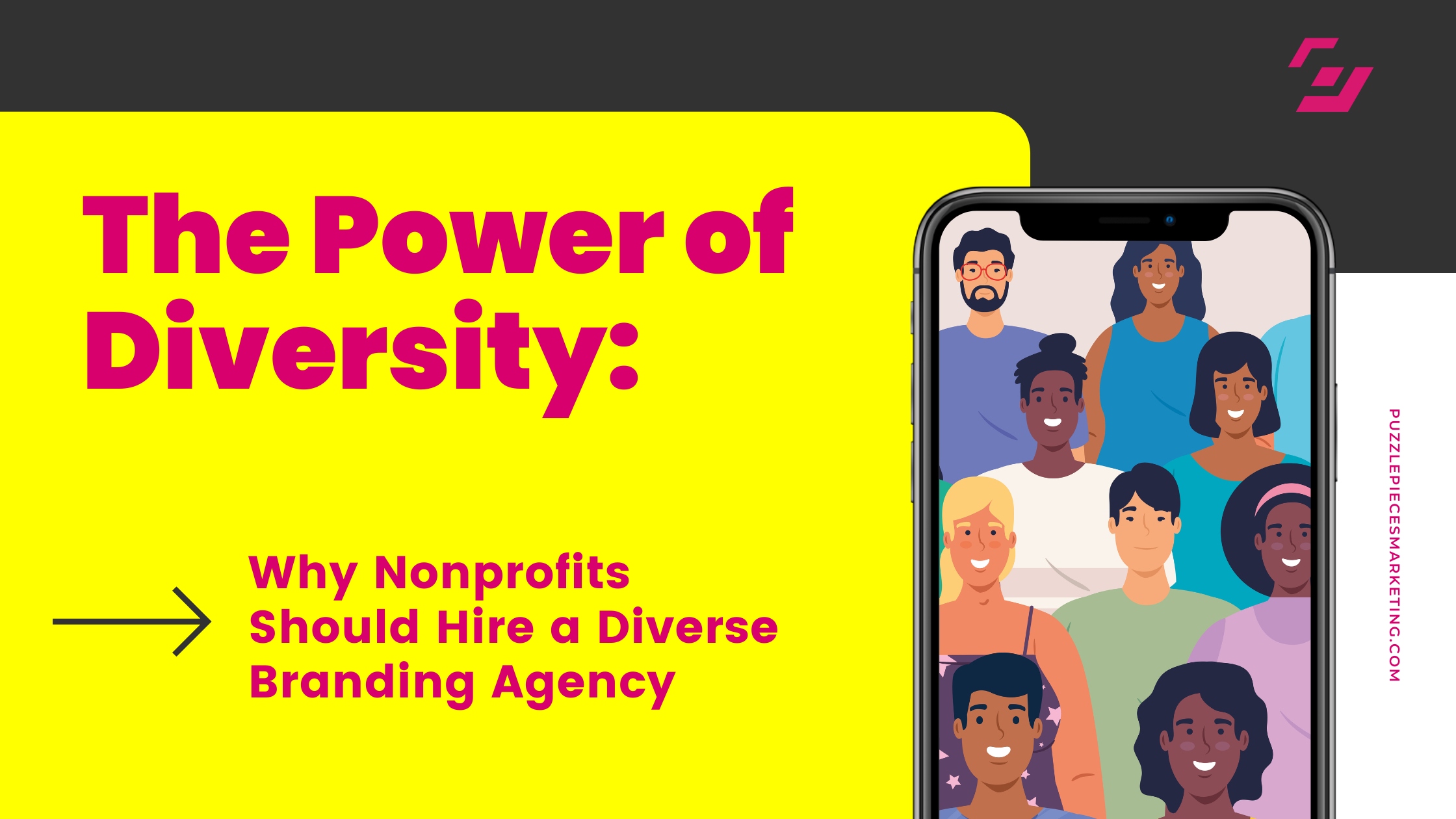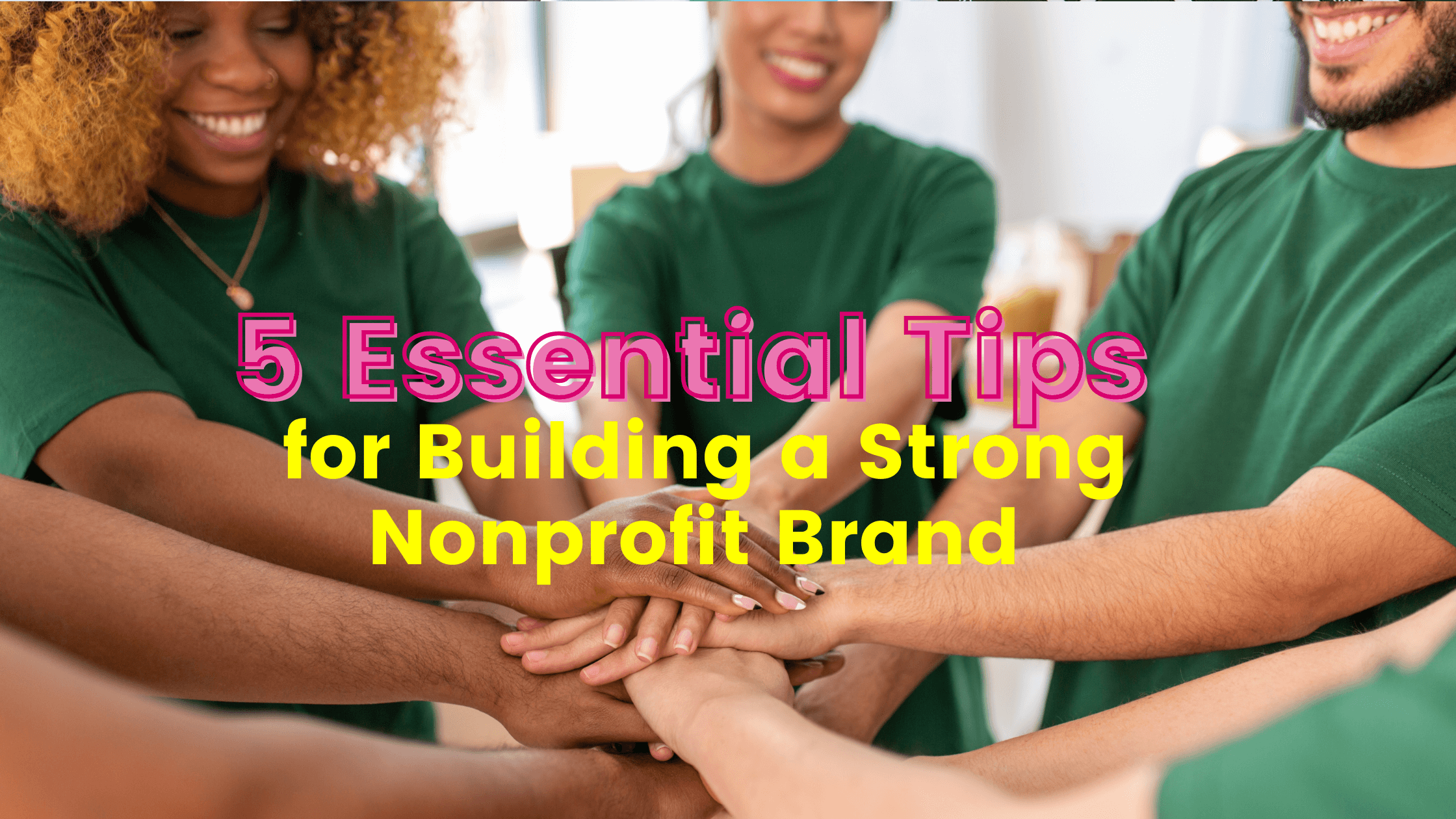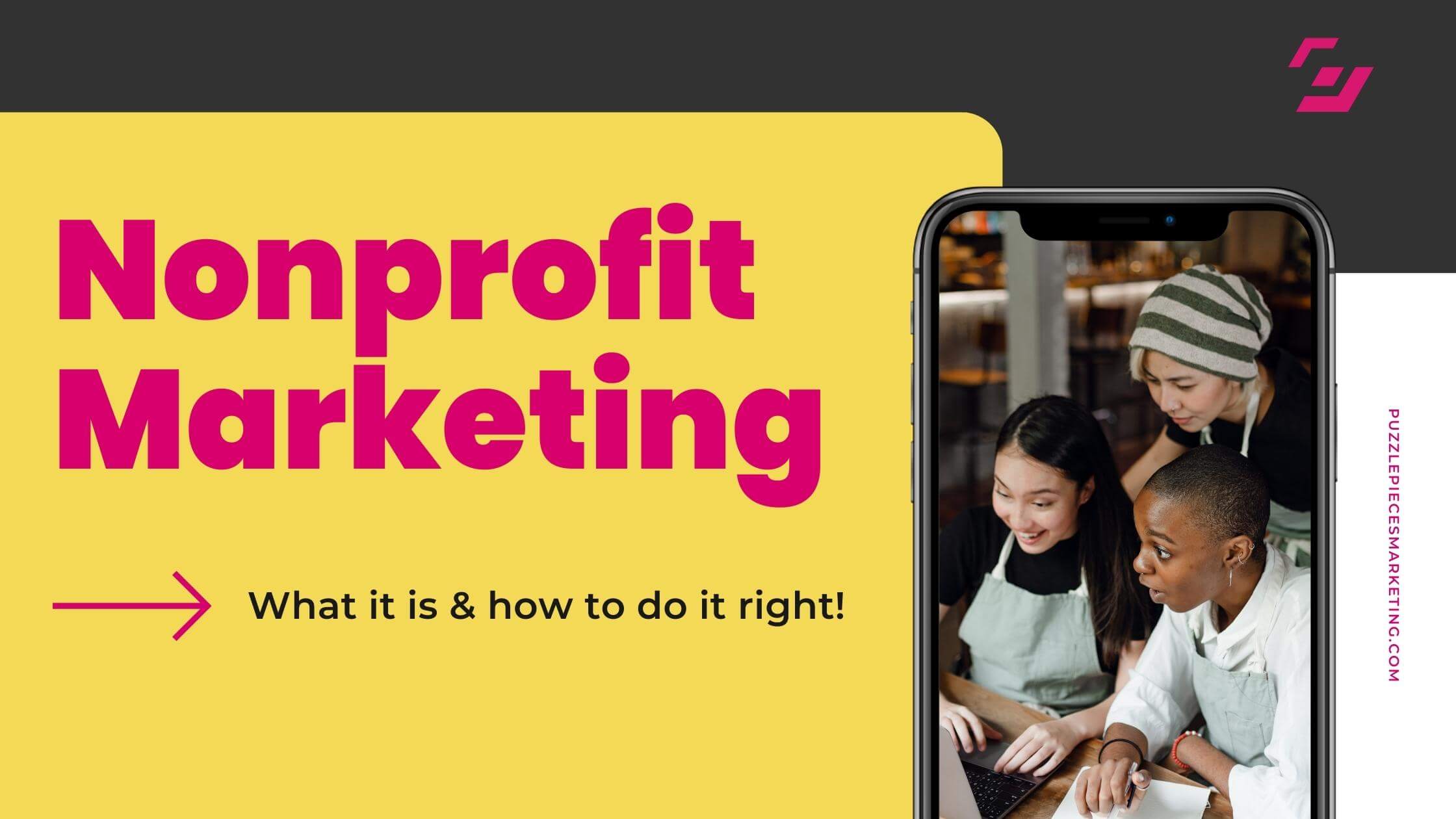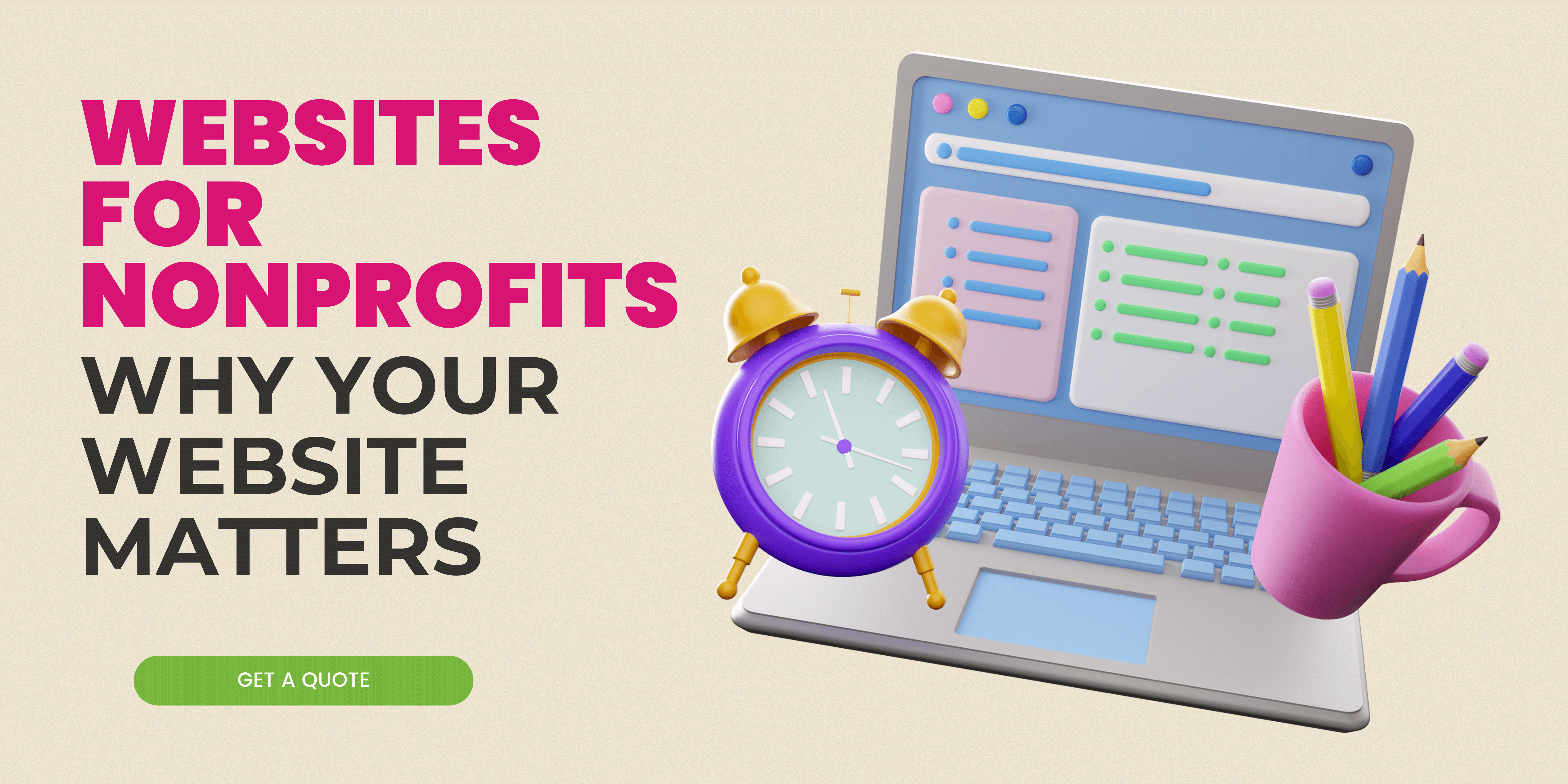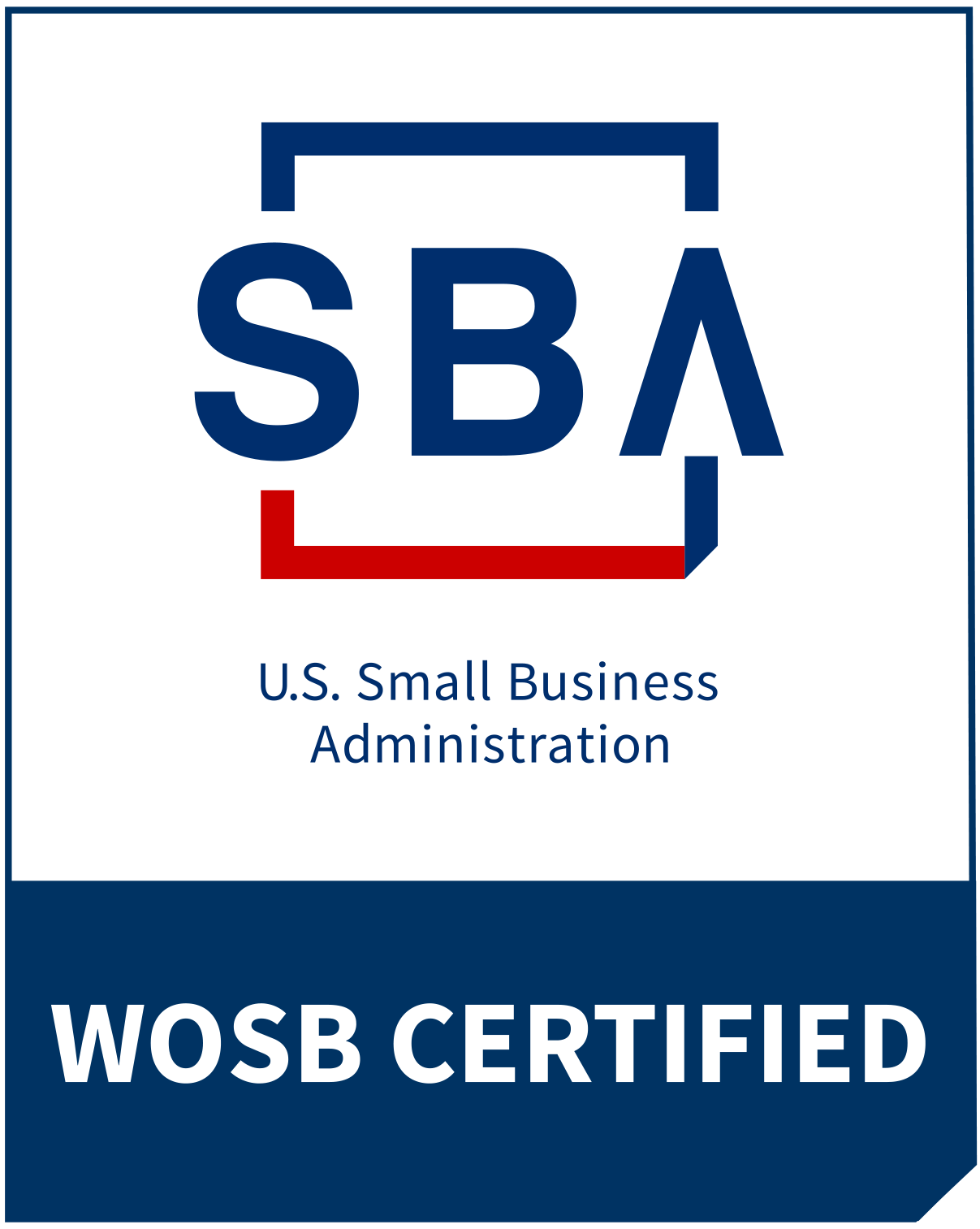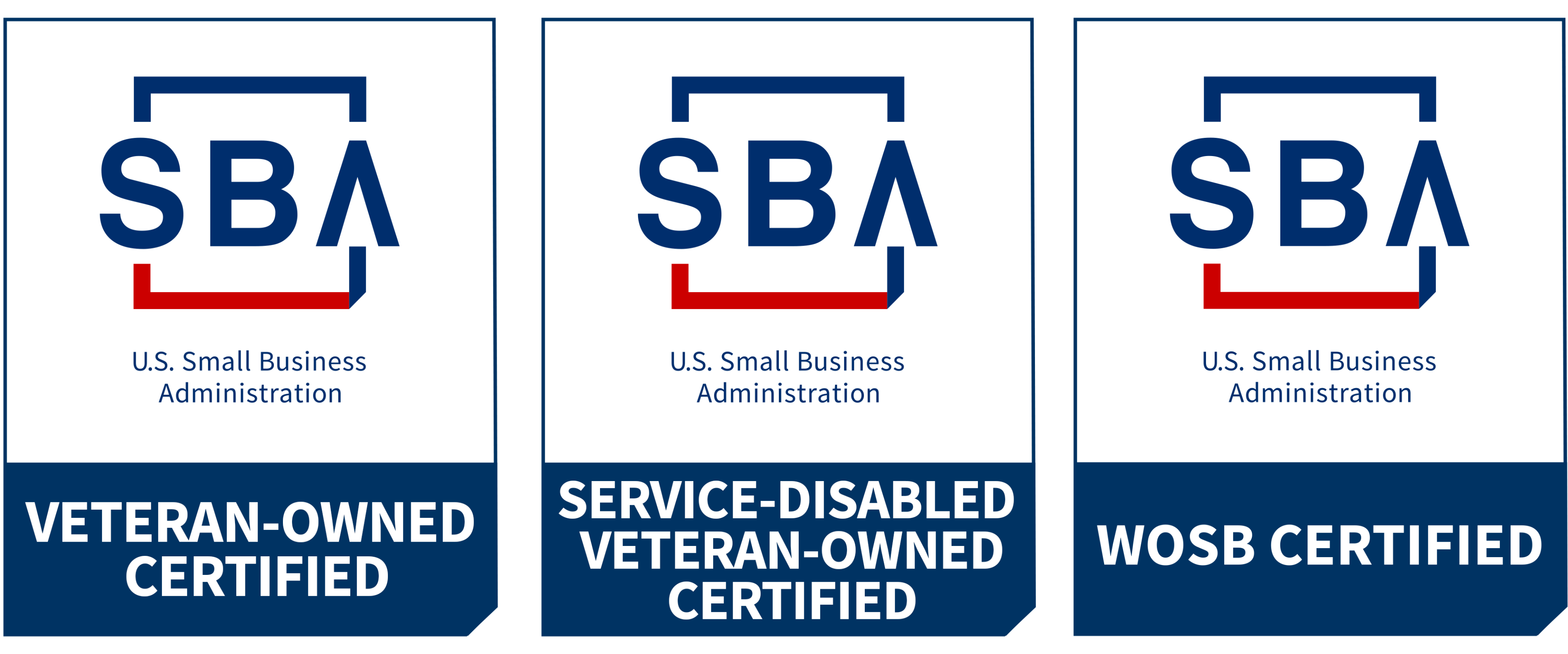Why You Need Search Engine Optimization (SEO) Services
Many small business owners and nonprofit leaders flinch at the term “search engine optimization services.” It sounds like some high falutin technical concept that has nothing to do with their organic marketing efforts. Or that it’s a kind of digital marketing tactic only reserved for household brands and companies who have already “made it.”
But here’s the (not so secret) secret: search engine optimization, or SEO, is simply the process of making it easier for people to find your website as a search result. It involves:
- Researching what people search for when they’re interested in businesses like yours—these are “keywords”
- Adding those keywords to your website pages, where appropriate to avoid keyword stuffing
- Tracking the search engine results to make better, more informed marketing decisions
Easy as peach cobbler, right? Yes and no. In this article, we’ll explain how SEO works, why it’s so effective, and what building an SEO strategy can do for you.
What is SEO?
Consider three common questions:
- What’s the weather going to be like this weekend?
- How many doughnuts are in a baker’s dozen?
- Where can I find the best groomer for my ocelot?
To answer questions like these, you probably turn to Google, right? So do most people.
After you enter a search term, Google delivers pages of results for them based on Google’s algorithm, which ranks websites in order of who answers the query best.
That’s where SEO ranking comes into play.
When deciding which websites to show a user, Google’s algorithm seeks pages that have a track record of being associated with “successful” searches, aka searches that cause people to spend a long time on your website or take an action.
That’s why every page of your website should contain specific keywords people type in when they truly want your products or services, as opposed to generic keywords that you believe will appeal to a broader audience.
What does this mean in practice?
Let’s say you noticed that your slightly pudgy pug needed to lose some pounds. You probably wouldn’t type “dog food” into the search engine. Instead, your anchor text search term may look more like this:
- Healthy dog food for weight loss
- Best diet dog food for pugs
- Organic dog food weight loss
- Best diet dog treats
A diet dog food company would be able to rank high in the search engine results by including specific keywords like these in their web pages. (Again, as opposed to including generic keywords like “dog food.”)
In fact, the more specific the business can be with the keywords, the likelier they are to get the organic traffic they want.
Google Search Engine Optimization Increases Your Traffic
Whether you’re a pie company or a major corporation that sells rocket engines, you always want to put your best wares front and center. Which is exactly what Google tries to do.
The higher ranked pages on a Google search results page are typically optimized for specific keywords so that users have the best possible experience when looking for answers to their search query.
Does it work?
Oh yeah.
The first three results in an organic Google search get 40% of user clicks.
That’s why marketers are obsessed with Google search rankings—they want their clients to enjoy the visibility that comes from a high Page 1 search ranking.
When your website has been enhanced with the right SEO keywords, you’ll reap the following benefits:
- More click-throughs
- An increase in brand trust, as users trust Google’s search engine to prioritize relevant websites
- A more satisfying experience for your website visitors, who will now be able to find what they’re looking for on your website more easily
SEO Can Dramatically Improve Your Local Search Results
Does your business depend on connecting with local customers? If so, local SEO is your secret weapon. Just think, how can a small mom-and-pop crafts store compete in SEO with Michaels? The trick is by using local SEO contributors like Google My Business or Yelp. These address-specific sites help place local brands in front of local customers.
Let’s say you run a grooming salon for ocelots. If you don’t include the keyword “ocelot groomer [your city]” in your website’s copy, you’re missing out on lots of local organic traffic. Why? Because that’s exactly what your potential new customers are searching for when their ocelot needs a haircut.
When customers search “ocelot groomer near me” on Google, that little extra tag “near me” signals to Google that distance is a deciding factor in what they’re looking for.
The super-secret weapon? When you embed a Google map with your pinned location on your contact page, Google will add your shop to its index, bumping up your website when nearby people search for your business’s keywords.
Google SEO Delivers Qualified Leads, Affordably
Quality leads are a person who’s already interested in your product or service, making them extremely likely to turn leads into conversions.
How is that relevant to SEO strategy? Organic search traffic is full of qualified leads. When a user enters a keyword phrase like “boat repair in Seattle” or “web design services for taxidermists” in the search bar, it means they’re actively looking for that product or service.
Even better, your organic web traffic comes to your site free of charge, making SEO a cost-effective digital marketing strategy.
Nonprofits Can Benefit from Search Engine Optimization Services, Too
Search engine ranking doesn’t only apply to businesses. Need more donors? Or want to find a new way to reach your constituents? Look no further than SEO.
Through a frequently updated, keyword-optimized blog, nonprofits can use an SEO tool to:
- Share expertise—and become known as an authority in the field
- Alert donors to upcoming giving opportunities
- Boost local search ranking and results
- Attract new supporters
Don’t forget to employ the same keywords you’re using in the blog on your social media marketing pages and website. SEO works best when it’s omnichannel—meaning it’s applied across all of your digital channels.
Key Takeaway: Google Search Engine Optimization SEO Is Essential
SEO is a superhero when it comes to improving your website traffic and increasing your profit margins. Thanks to the inherently democratic nature of Google’s search engine, small businesses and nonprofits can use SEO ranking to compete online with the biggest brands in their industry, as long as their websites have been search engine-optimized.
If you want to…
- Get more traffic on your website
- Raise your Google site ranking
- Connect with local customers or constituents
- Attract more qualified leads
- And reach your marketing goals for a relatively low cost
…then search engine optimization services should definitely be part of your marketing strategy. It’s a can’t-lose game plan that leads to real, long-term results.
Sources:
Moz.com. SEO 101. https://moz.com/beginners-guide-to-seo/why-search-engine-marketing-is-necessary
Nonprofit Tech for Good. 6 Reasons SEO Is Important to Nonprofits and Why. https://www.nptechforgood.com/2019/04/12/6-reasons-seo-is-important-to-nonprofits-and-why/
Search Engine Journal. 12 Reasons Why Your Business Absolutely Needs SEO. https://www.searchenginejournal.com/why-seo-is-important-for-business/248101/#ok



